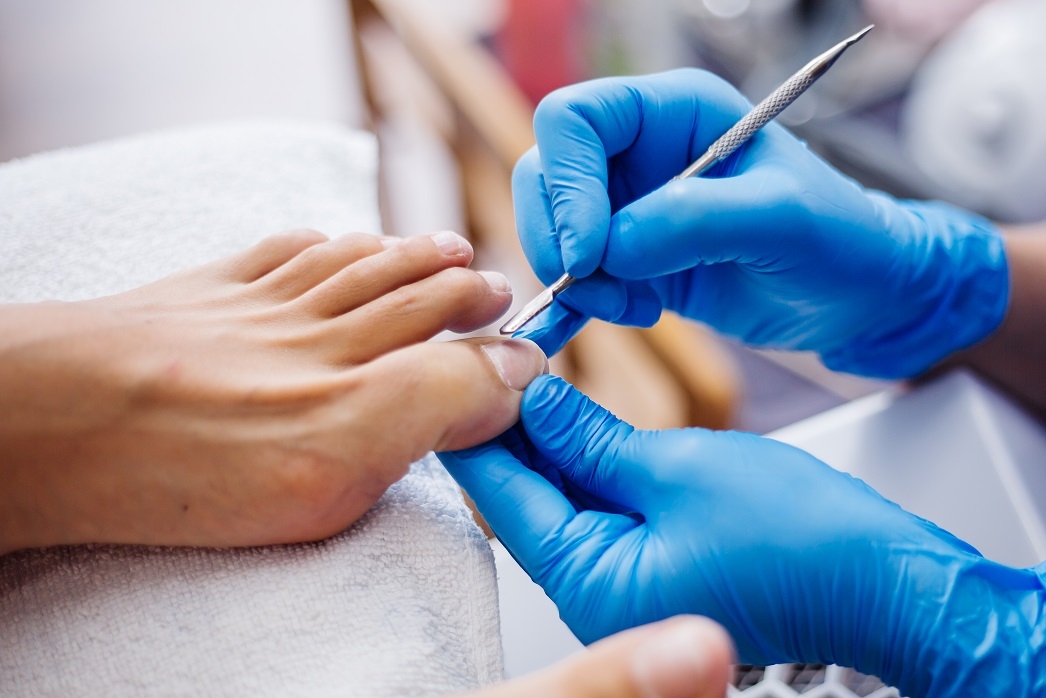Diabetic Foot Wound Care: How to Prevent Complications

Diabetic foot wounds are a common and serious complication for individuals living with diabetes. These wounds can develop due to a combination of factors including poor circulation, neuropathy, and a weakened immune system. Without proper care, diabetic foot wounds can lead to severe infections and even amputation. Preventing complications involves diligent self-care and seeking timely professional medical attention.
The Role of a Podiatrist in Diabetic Foot Care
A podiatrist in Warren or Macomb specializes in diagnosing and treating foot and ankle conditions, making them an essential part of managing diabetic foot health. Regular visits to a podiatrist can help in early detection of potential issues, providing a proactive approach to prevent complications. Advanced foot and ankle care offered by specialists ensures that even minor problems are addressed before they escalate into severe conditions.

Preventive Measures for Diabetic Foot Wounds
Preventing diabetic foot wounds starts with meticulous daily foot care. Here are some essential steps:
-
Daily Inspection: Examine your feet daily for any cuts, blisters, redness, or swelling. Use a mirror to check the soles and between the toes.
-
Proper Foot Hygiene: Wash your feet daily with lukewarm water and mild soap. Dry them thoroughly, especially between the toes, to prevent fungal infections.
-
Moisturize: Apply a moisturizing lotion to keep the skin soft, but avoid the area between the toes.
-
Proper Footwear: Wear shoes that fit well and provide adequate support. Avoid walking barefoot to reduce the risk of injury.
-
Regular Trimming: Trim your toenails straight across and file the edges to prevent ingrown toenails, which can become infected.
Seeking Professional Help
When it comes to diabetic foot wound care, professional intervention is crucial. A foot doctor in Warren or Macomb can provide comprehensive assessments and tailored treatment plans. Early intervention by the best foot doctor near me can prevent minor issues from developing into serious complications.
Advanced Foot and Ankle Care Techniques
Podiatrists utilize various advanced techniques to manage and treat diabetic foot wounds. These include:
-
Debridement: The removal of dead or infected tissue to promote healing.
-
Offloading: Using special footwear or devices to relieve pressure on the wound.
-
Infection Control: Prescribing antibiotics and other medications to treat infections.
-
Wound Dressings: Applying specialized dressings to keep the wound clean and promote healing.

Family Foot and Ankle Care
Diabetes management involves the whole family. Encouraging family members to be vigilant and supportive can make a significant difference. Family foot and ankle care ensures that everyone is aware of the importance of foot health and can assist in monitoring and providing care as needed.
Conclusion
Diabetic foot wound care is a critical aspect of managing diabetes. By following preventive measures and seeking timely professional care from a podiatrist in Warren or Macomb, individuals can significantly reduce the risk of complications. Advanced foot and ankle care techniques provided by specialists ensure that wounds are treated effectively, promoting better outcomes. Engaging in regular family foot and ankle care practices further supports overall foot health, preventing severe consequences and enhancing the quality of life for those living with diabetes.
- Industry
- Art
- Causes
- Crafts
- Dance
- Drinks
- Film
- Fitness
- Food
- Games
- Gardening
- Health
- Home
- Literature
- Music
- Networking
- Other
- Party
- Religion
- Shopping
- Sports
- Theater
- Wellness
- News


